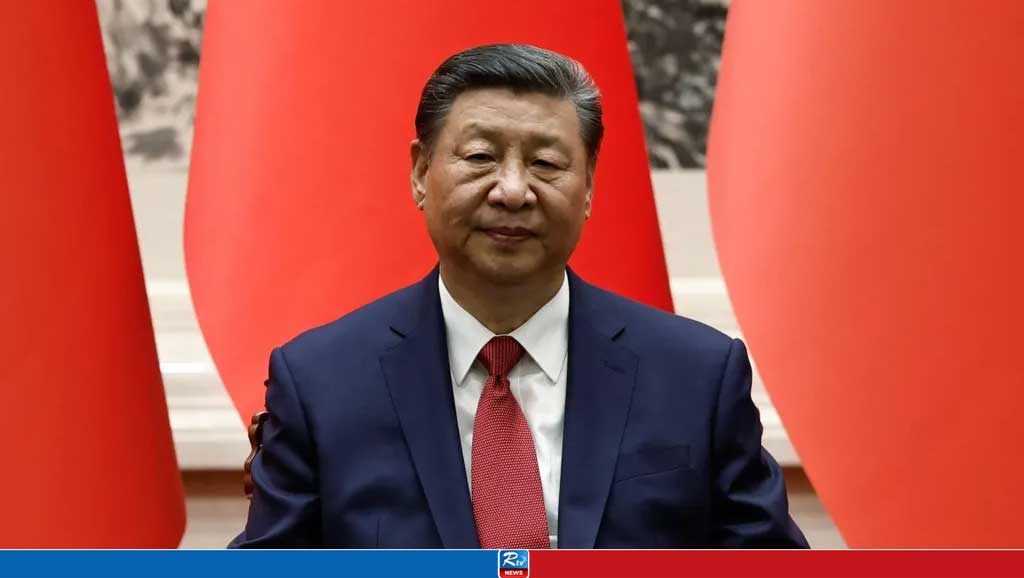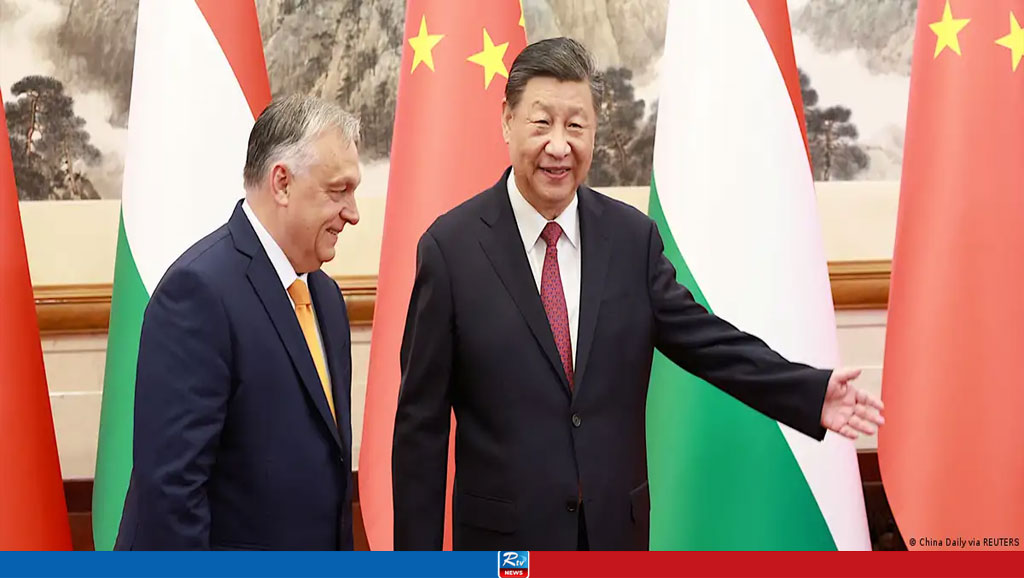Hong Kong's lost freedom shows Xi Jinping's priorities: Analysis

Causeway Bay Books incident was a harbinger of regime's security-first principle.
Katsuji Nakazawa is a Tokyo-based senior staff and editorial writer at Nikkei. He spent seven years in China as a correspondent and later as China bureau chief. He was the 2014 recipient of the Vaughn-Ueda International Journalist prize.
Is China heading toward a more open economy? Or does it want to prioritize national security? This is probably the most difficult conundrum global investors face when considering today's China.
While the communist regime advocates a "high-standard opening-up" of the economy to achieve a 5% growth target, it is also pushing to realize Chinese-style national security, saying that "political security" and "regime security" take precedence over other policies, including economic ones.
The fact that President Xi Jinping's two close aides are in charge of the economy and security -- two contradictory initiatives -- further confuses the matter. Premier Li Qiang has the economic portfolio while Cai Qi is the security czar.
If there is a clue to understanding the mixed messages, it lies in Hong Kong, in the changes the metropolis has gone through during the past decade under Xi, an expert on the policies and history of the city says.
Hong Kong prospered thanks to its atmosphere of freedom and "common law" system that functioned under China's "one country, two systems" formula. The city has brought huge wealth to mainland China too.
Its freedoms, however, are disappearing.
In 2019, before COVID-19 began to spread, about 1 million people took to the streets of Hong Kong for an unprecedented demonstration against the local government's extradition bill.
The following year, the Xi administration swiftly enacted and enforced the Hong Kong national security law.
Expanding on that Beijing-imposed law, Hong Kong authorities last month put the administrative region's own national security law, known as Article 23, into force mere days after the city's lawmakers passed it.
The controversial law promises to crack down on espionage, the theft of state secrets, treason, sedition and foreign forces' interference in national security. At issue is that these transgressions can be broadly defined.
Compared with the massive demonstration in 2019, the enforcement of Article 23 last month received less international media coverage. It is a law that Hong Kong citizens have been strongly opposing for decades. In 2003, about 500,000 people gathered to demonstrate against attempts to pass the law.
The enforcement of Article 23 was the final nail in the coffin of media freedom in Hong Kong. U.S.-funded Radio Free Asia has already announced the closure of its Hong Kong bureau due to safety concerns under the new law.
What should be recalled here is an incident that took place in Hong Kong nearly 10 years ago.
In late 2015, five people associated with Causeway Bay Books -- a bookstore that published and sold books critical of the Chinese Communist Party and the Xi administration -- disappeared one after another.
The five -- four Hong Kongers and one Swedish national born in China -- were later found to have been detained by Chinese authorities. The Swedish national was abducted from a Thai resort.
The "disappearances" came despite Hong Kong's "one country, two systems" model. It is less ironic that they also took place after the mainland established its national security legislation.
Looking back, the incident was the beginning of the end to a free Hong Kong. The goose that laid golden eggs was being killed, significantly impacting not only Hong Kong's economy but also mainland China's in the years to come.
The loss of freedom has forced economic and psychological adjustments on Hong Kongers, many of whom have decided to pull up roots. Some are visiting the reborn Causeway Bay Books, in central Taipei.
The original Causeway Bay Books was forced to close years ago. Store manager Lam Wing-kee, who was among the 2015 abductees, later migrated to Taiwan. He reopened Causeway Bay Books there in 2020.
Among his frequent visitors is a married couple in their 30s and 40s who recently migrated from Hong Kong to New Taipei City, a residential area adjacent to Taipei.
"Chatting and exchanging views with Lam and others that gather here is our joy of life in Taiwan," they said.
With no restriction on freedom of speech, the store is crammed with all genres of material, including works critical of the mainland's communist regime and photo archives of the Hong Kong demonstrations. It is the kind of haven that no longer exists in Hong Kong.
Advocating a comprehensive national security concept, the Xi administration in 2014 established an anti-espionage law and then in 2015 a national security law, putting political, economic and social activity under a national security umbrella.
The moves might have appeared quite abrupt. But there was an important albeit overlooked sign at a Communist Party meeting held in November 2013, a year after Xi took the party's helm as its general secretary.
Just as the meeting -- the third plenary session of the Communist Party's Central Committee -- closed, a surprise announcement was made through the state-run Xinhua News Agency.
The international audience was waiting for the meeting's communique that would reveal the Xi administration's mid- and long-term economic policies. But instead, state media broke the news that a decision had been made to establish the National Security Commission.
As no detailed explanation was given about the commission, the announcement was not well understood. But looking back now, it was a harbinger of the Xi administration's national security-first principle.
The full name of the new organization -- the National Security Commission of the Central Committee of the Chinese Communist Party -- showed that the commission was under the direct control of the Central Committee. The name was made known in January 2014.
Xi was the head, while Cai was tapped as the de facto top official in charge of managing the commission. At the time, no one within the party could have predicted Cai would rise through the ranks to become a member of the powerful Politburo Standing Committee.
The National Security Commission has since acted as China's command center, not only for national security-related legislation but also for moves to deprive Hong Kong of freedoms. The unprecedented incidents involving Causeway Bay Books were just waiting to happen.
The ultimate goal of the national security-first principle is to ensure "political security" and "regime security." In other words, the goal is to secure the current communist regime led by Xi. In a sense, even the Causeway Bay Books crackdown was meant to ensure the Xi administration's security.
But to maintain that security, something had to be done about China's limit of two five-year terms for presidents. "Something" turned out to be an abruptly announced revision to the national constitution in 2018, scrapping the term limit. In October 2022, Xi secured an unprecedented third five-year term as party general secretary. Work had already begun around 2015 to pave the way for his extended reign.
In 2023, China's revised anti-espionage law took effect. The definition of espionage can be interpreted broadly, and it is unclear what activity might lead one to be accused of a crime. Charging one with espionage seems to be at the discretion of authorities. Foreign companies operating in China are thus at the mercy of these authorities, never knowing if one of their executives or employees might be detained, when or for what reason.
But with Xi's national security-first principle and Hong Kong prosperity unable to coexist, the city is reaching a tipping point, with businesses and citizens trying to get out from under the heavy pressure weighing on them.
A number of foreign companies have scaled back their operations in Hong Kong, relocating to Singapore and other hubs. Many Hong Kongers are also decamping to the U.K., Taiwan, Canada and Japan.
The exodus of business operations and anxious citizens has also affected Hong Kong's property market. A similar trend is also happening in mainland China.
Hong Kong's current situation shows how contradictory China's economic policies are. By looking through the prism of Hong Kong, one can gain a hint of what Chinese leaders in Beijing are thinking.
Source: NIKKI ASIA
Comments
Nigeria: Police increase presence on 10th day of protests

Ukraine updates: Kyiv blames Moscow for Zaporizhzhia fire

Denmark's statement on current situation in Bangladesh
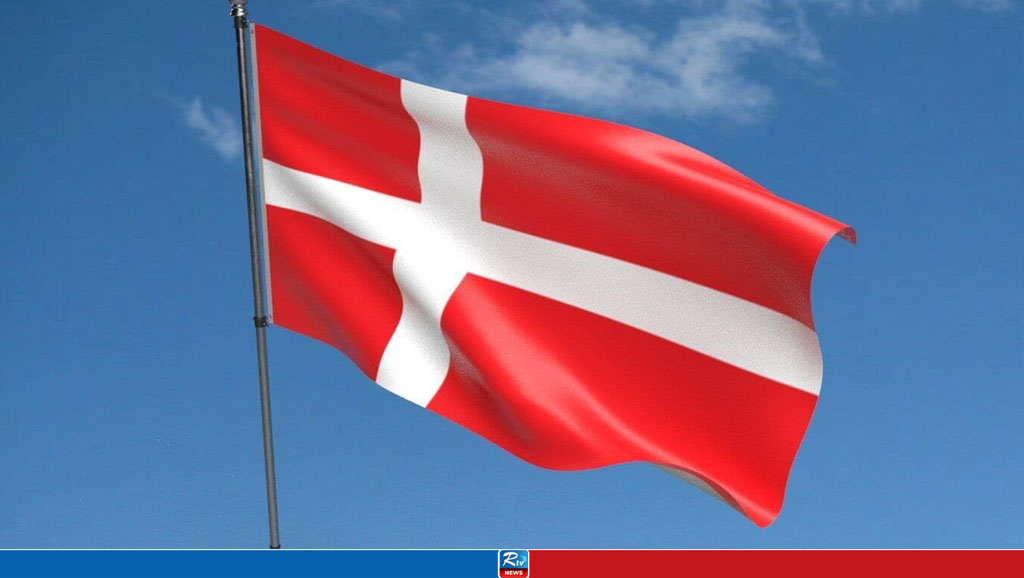
UN to send fact-finding team next week

British Prime Minister congratulated Dr Yunus
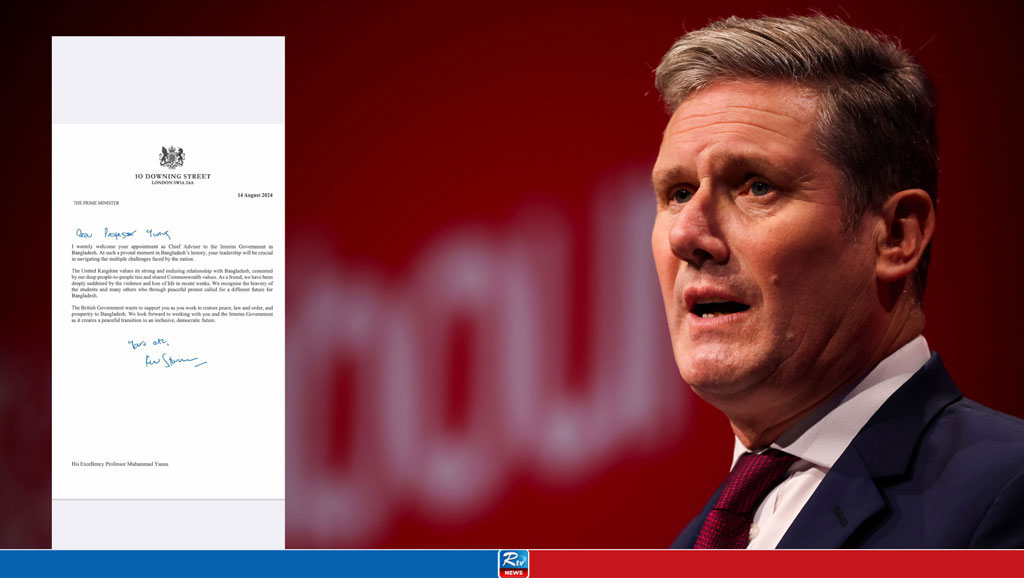
First German woman set to fly into space with SpaceX
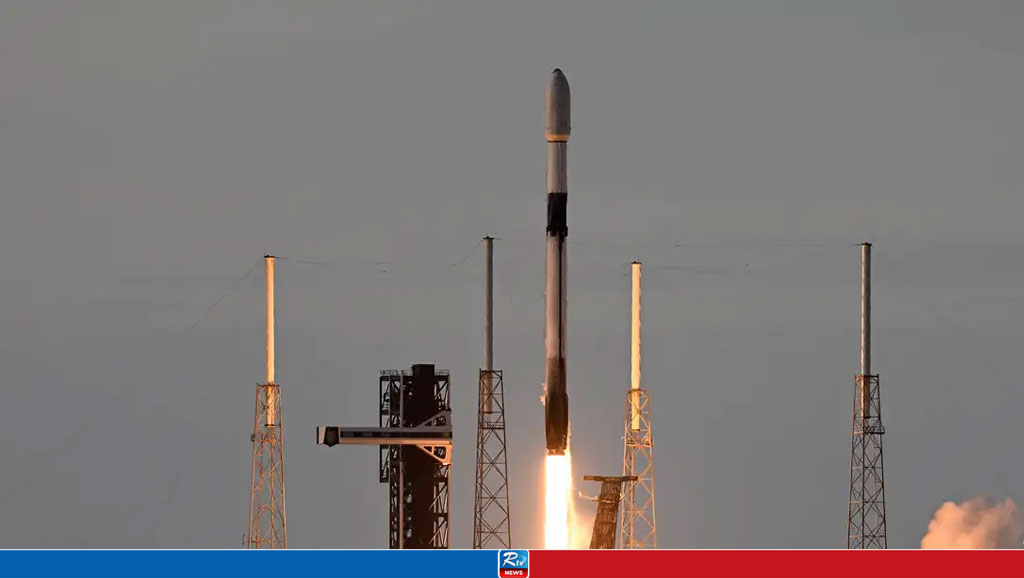
Signing up for Disney+ prevents death lawsuit, argues Disney


 Live Tv
Live Tv

